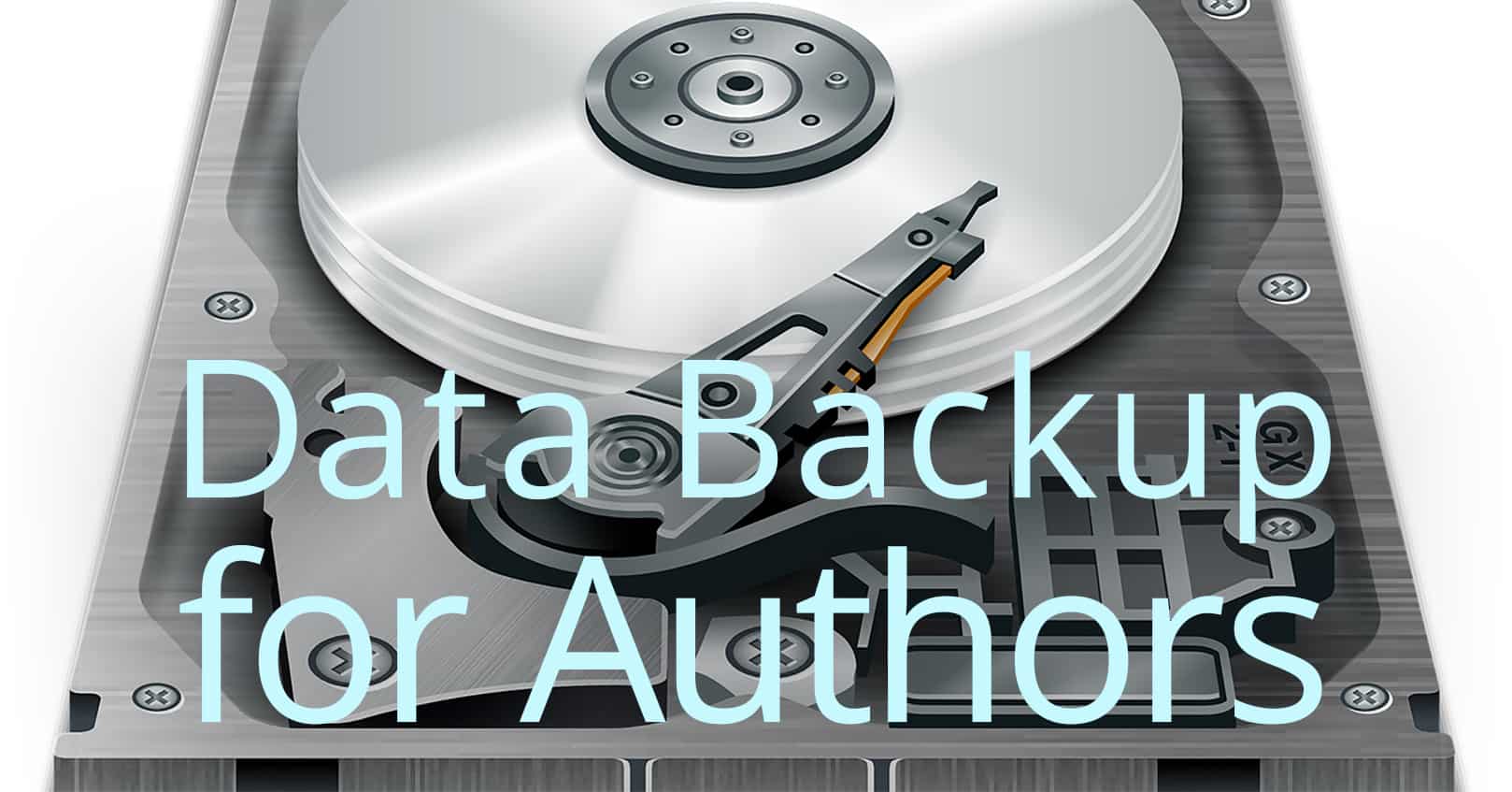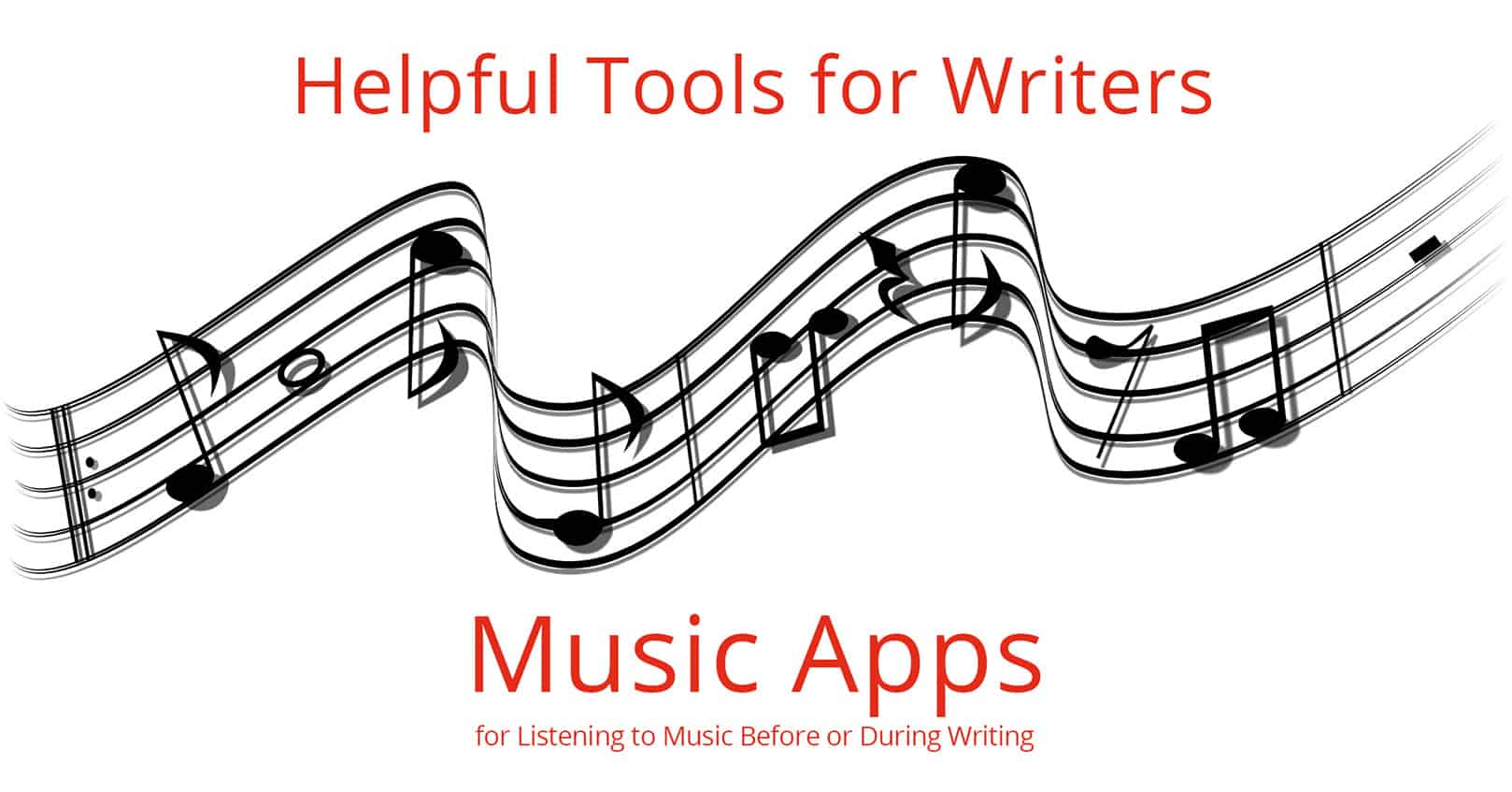
As an author, you probably spend a lot of time on your computer, creating files that would be devastating to lose: Word files of your books, InDesign files of typeset print novels, image files for covers, Excel and Word files full of notes, research, and data, and more.
The Importance of Backing It Up
Computers crash, hard drives fail, natural disasters happen, viruses invade, devices can be stolen; all of these can lead to data loss. If you haven’t backed up your data, then we recommend doing it right away. Don’t learn the hard way!
Data Backup Methods
- An external hard drive: An extra hard drive is a great way to back up data. It’ll never go out of business, and it can’t get hacked. They can, of course, still fail over time, so you may want to replace an older external drive with a newer one. And of course, store it somewhere safe, such as a small fire- and water-proof safe. How often you back up data to an external drive depends on your own risk-tolerance; some people may want to back it up monthly, others may be comfortable waiting several months.
- A USB flash drive: A flash drive is good for short-term storage, (you could use it between backing up to an external hard drive) and for transferring files. Flash drives are easily lost or stolen and have much lower storage space, so they shouldn’t be used for long-term backup.
- Cloud Backup: There are many cloud services out there that you can easily and daily back up your data too (or set it up so any file you save in a certain folder is automatically saved to the cloud). Popular cloud storage sites include Microsoft OneDrive (included in a Microsoft subscription), iDrive, and Backblaze. A cloud backup system does have risks, even if they aren’t very high. For instance, the company could go out of business or get hacked.
- Network Attached Storage (NAS): If you want to get serious about data backup, you could set up your own NAS. A NAS uses an array of hard drives with redundancy (one set of drives is backing up another set of drives) and is connected to your network for easy backup. A NAS can be expensive to set up, it takes up more room, and it can still be damaged by fire or flood, so choosing a good place to store it is important.
- Multiple Methods: If you don’t want to lose your data, choosing at least two backup methods is the safest way to go.
What data backup methods have you used? We’d love to hear in the comments below!















Comments